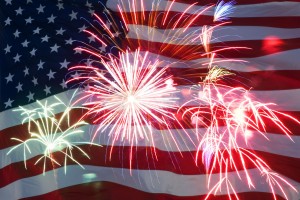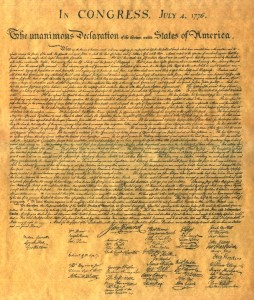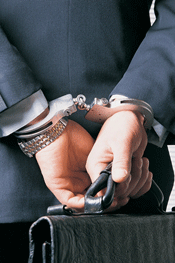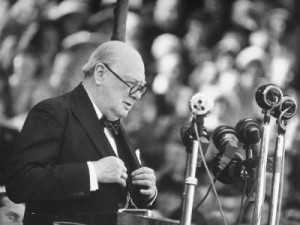A Meditation On Independence Day
Reading Time: 4 minutes.

We all like the Fourth of July; most of us want it to mean something beyond cookouts and fireworks. When my children were little, I would read aloud to them the entire Declaration of Independence, an oration they found both alarming and distracting. The nation’s Independence Day celebration has changed over time, as has its people (alarmed or distracted) and their culture.
We have an Independence Day in film and in song, works of art that speak to a patriotism grounded in a corporate concept (national independence) and in a citizen concept (individual independence). We have Nike and Colin Kaepernick.
Here in the early portion of the 21st-century, it is the domestic liberty of individuals, rather than the specter of foreign domination from across the seas, that is the most fruitful subject for reflection this Independence Day. At the end, you can decide which is more apt: alarm or distraction.
In the Declaration of Independence, the list of grievances against King George III and his agents is lengthy and detailed, a fact that my young children frequently brought to my attention as I declaimed in our den.

In general, however, the revolution that followed the Declaration was a “conservative” revolution, at least compared to successor-revolutions such as the French and the Bolshevik. In terms of its genesis, the complaints in the Declaration were the complaints of Englishmen who had been denied English rights.
Further, many of the concepts underpinning those rights – for example, the nature of the sovereign and his subservience to God, the more powerful King – arose out of the Protestant Reformation in Europe. There were many flavors and strains of what we call “Protestant,” but one of several unifying factors was an emphasis on the individual’s direct access to the divine, rather than a requirement that the individual proceed through a priest or a bureaucratic episcopate that could grant or withhold dispensation, including that ultimate dispensation of liberty and property rights — the freedom and freehold of the kingdom of God. The individual believer could now read a sacred text (the Bible) for himself or herself. Priest, prince, pope: all potentates were sidelined.
In our pluralistic, post–Christendom culture, what bearing (if any) does this historical, cultural and religious context have this Independence Day?
On this Independence Day, the concept of “independence” is informed by two consistent drumbeats.
First, the national-security state that has grown ever since September 11 shows no sign of abating.

Second, the editorial, social-media and congressional criticism of prosecutorial handling of post-recession financial institutions and white-collar defendants feeds an apparently deep-seated need to assign particular blame for generalized ills.
For a white-collar defense lawyer, the confluence of these two drumbeats is deafening. For business people – indeed, for all citizens – the scales have been tipped further in favor of the state and its investigatory and prosecutorial apparatus. Substantively, there continues an arguable over- criminalization of undesirable but not, at heart, criminal conduct, a legislative spasm driven by an unseemly result–orientation.
The grand jury has long been unmoored from its original function as a buffer between the sovereign and subject. Reform of the grand jury and the plea-bargaining system is overdue but unlikely to happen in the near-term. (On the other hand, Martin Luther thought he was merely trying to reform the church and did not intend, as Winston Churchill said in another context, to set Europe ablaze).

In addition, the “presumption of innocence” about which we all learned (or, at least, used to learn) in civics class has been translated into a presumption of guilt. Most citizens, most of the time, believe that when a person or company is charged with a criminal offense, they are guilty (or perhaps guilty of something pretty close to the charged offense). (We have discussed presumption problems here and here). Even in the professionally-run Special Counsel investigation recently concluded by Robert Mueller, the presumption of innocence got muddled into a “not exonerated” standard.
Such impulses and shifts in presumptions do damage due process and, ultimately, the status of a free people. Citizens in white-collar professions are often the first to clamor for more national security externally and more law-enforcement domestically. In many circumstances, of course, that clarion call is entirely appropriate, even vital, to our survival as a nation. On the other hand, the call can only be answered by the raw exercise of sovereign power. One need not be a Protestant Reformer or a Declaration subscriber to wonder if another call, this one for reflection and vigilance, is not perhaps overdue if we are to maintain those liberties — that “independence” — that we all treasure.
Happy Independence Day.